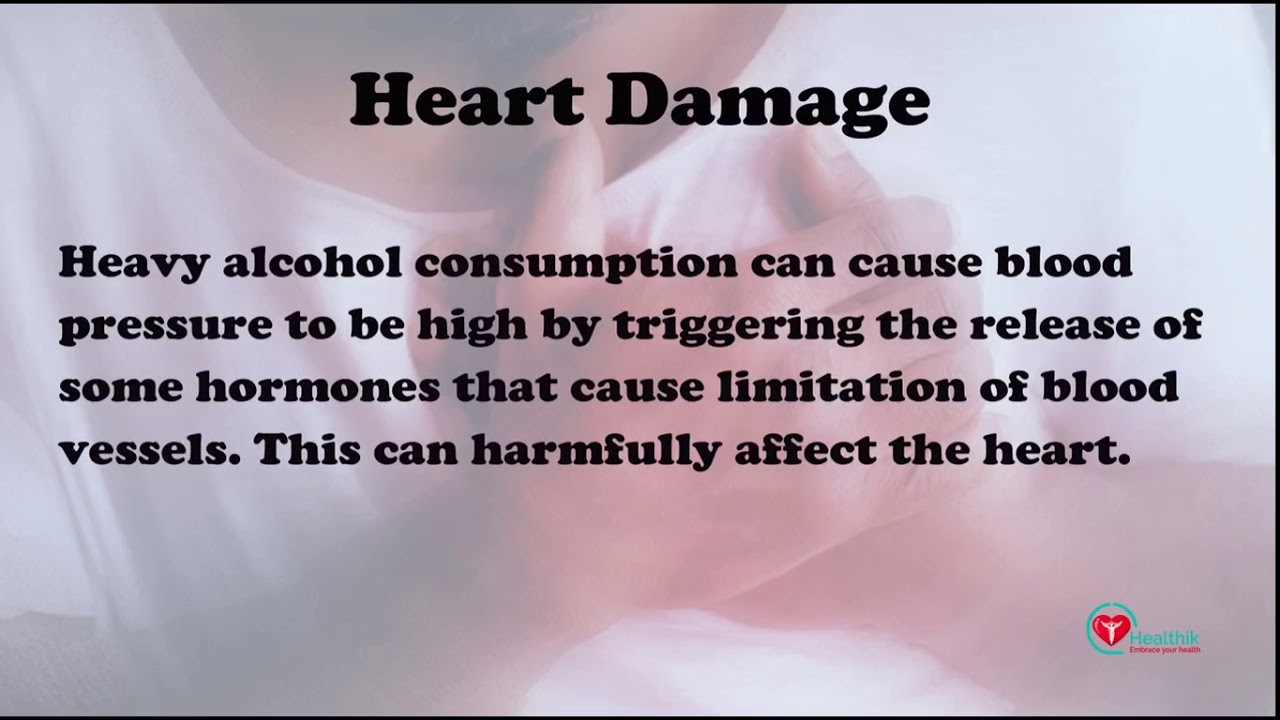Effect of alcohol on the body depends on many factors, such as weight, age, gender and the type & amount of alcohol. Drinking alcohol when not in control takes a fee on health. This also affects the routine as well.
Here is a list of health problems that can occur with alcohol:
Liver Damage
Alcohol is typically metabolized in the liver that is why the liver is mainly at risk of damage. The body metabolizes alcohol into acetaldehyde, a stuff that is both carcinogenic and toxic. The alcoholic liver disease is influenced by the quantity and period of alcohol abuse. Chronic, heavy drinking poses a considerable risk for its development. Drinking heavily considerably increases the risk of alcoholic fatty liver, an early and reversible result of excessive alcohol intake. Chronic drinking changes the liver’s metabolism of fats, and excess fat accumulates in the liver.
Cancer
In addition to smoking, alcohol is the second major risk factor causing cancer. Alcohol once taken turns into a toxic chemical called acetaldehyde in your body. This damages the DNA and also stops the body from fixing damaged cells. Hence, alcohol causes bowel, liver, mouth and other types of cancer.
Pancreatitis
Overconsumption of alcohol can direct to pancreatitis, a painful inflammation of the pancreas that frequently requires hospitalization. The inflammation is probably related to untimely activation of proenzymes to pancreatic enzymes and chronic exposure to acetaldehyde, and other chemical activities in the pancreas caused by alcohol injury. Around 70 percent of cases of pancreatitis affect people who commonly drink large amounts of alcohol.
Heart Damage
Heavy alcohol consumption can cause blood pressure to be high by triggering the release of some hormones that cause limitation of blood vessels. This can harmfully affect the heart. Too much alcohol intake has long been linked to multiple cardiovascular complications, including, high blood pressure, angina and a risk of heart failure. Stroke is a potentially deadly problem of binge drinking. Fluctuations in blood pressure and increases in platelet activation are frequent during the body’s improvement from a binge. This deadly combination heightens the probability of ischemic stroke.
Kidney Damage
Drinking alcohol in overload upsets the ability of the kidney to filter blood. Heavy consumption causes cell damage and enlarges kidney. This, in turn, affects the kidney function that controls hormones.
Brain Coordination factors
Drinking releases GABA and dopamine too much. These are obviously occurring neurotransmitters. Too much release of these causes depression, spasms, and delusions. Too much release of endorphins causes tiredness and poor sex drive. Alcohol also causes the Wernicke-Korsakoff syndrome which affects your memory.
Managing alcohol hunger is a daily matter. When one gives up on alcohol, it has healthy profit on the whole body. It reduces heart risks, betters the immune system, aids weight loss, etc. In other words, it keeps you away from any kind of health problems. Also, it absorbs minerals and vitamins better in the body and clears brain fog. So by taking the right combination of exercise and diet regime, one can beat the alcohol urges. In short, you should not drink too much to keep your wellbeing.
source
